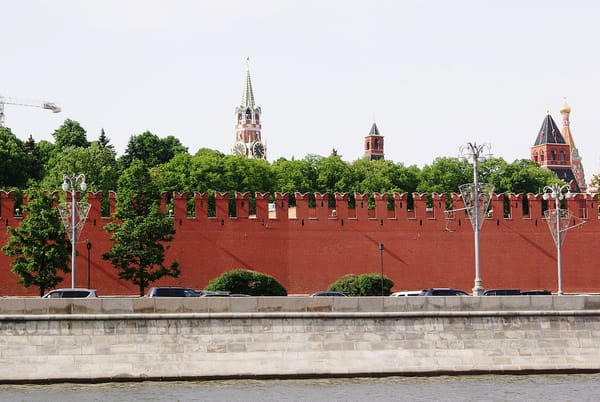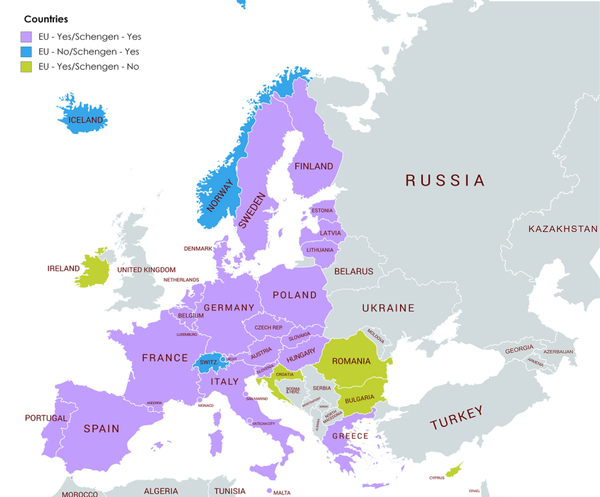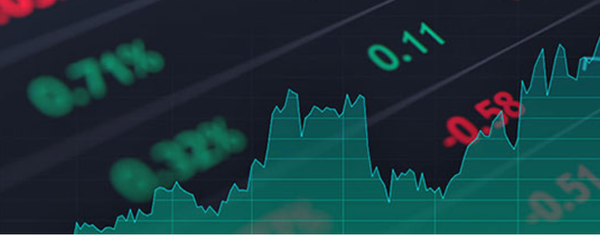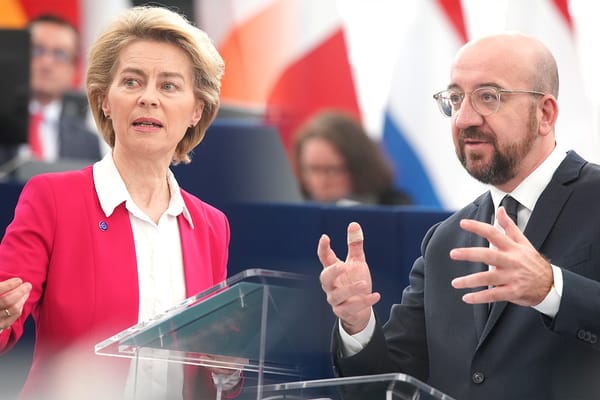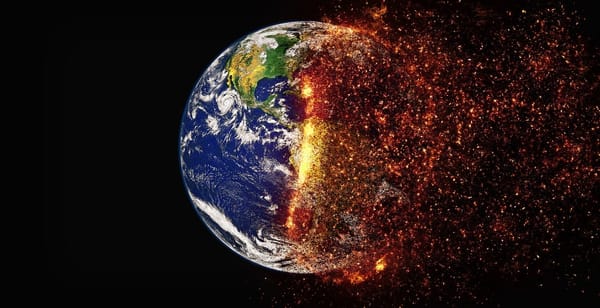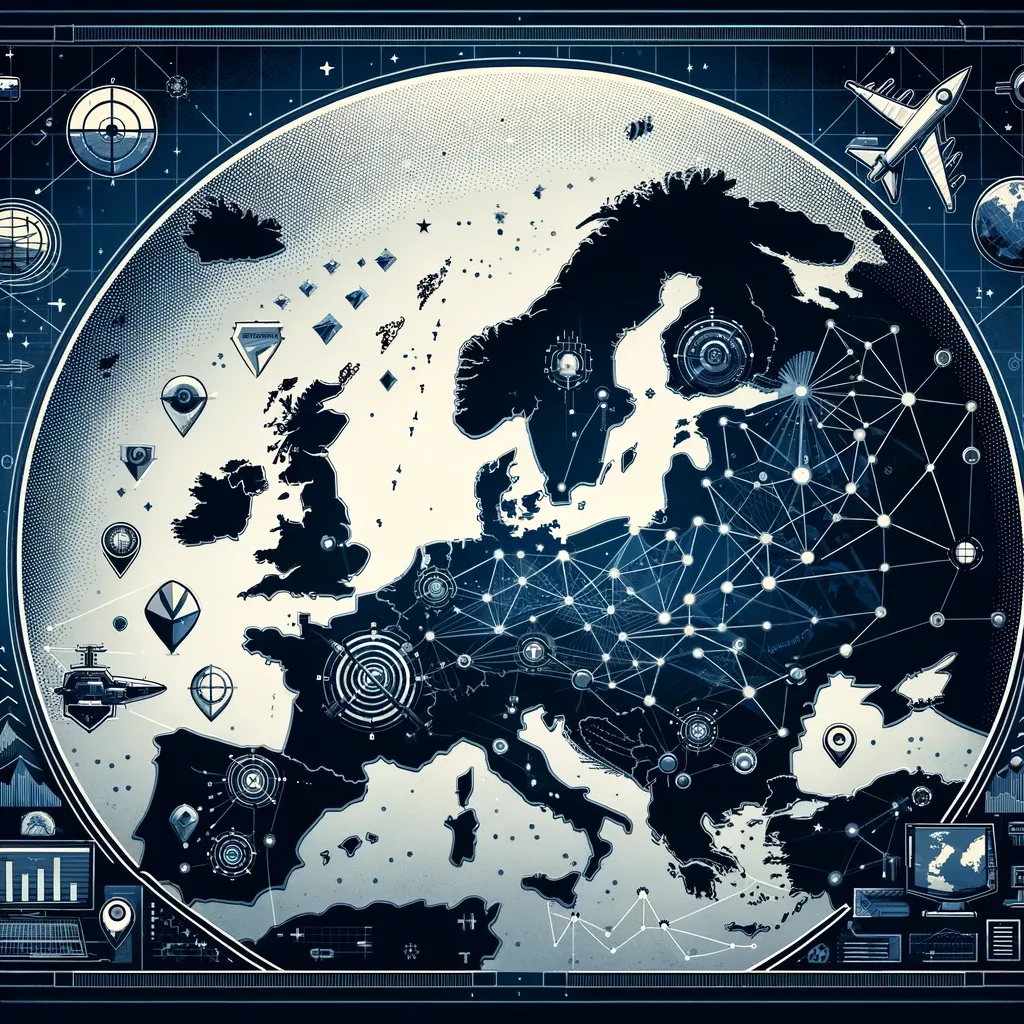
EU unveils first ever pan-European defence plan
A new, ground-breaking European Defence Industrial Strategy (EDIS) has been announced by the European Commission (EC). The EC said EDIS “sets a clear, long-term vision to achieve defence industrial readiness in the EU (for) when they are needed and in the quantities that are needed.”
The strategy includes new programmes to buy and work more easily together at the European level, to support research, boost investment and solve supply-chain issues. Other new EC projects are the new EUR 1.5bn European Defence Industry Programme and mooted discussion of defence needs in the EU’s next seven-year financial framework in 2028.
Baby steps for joint European defence
Although the EDIS will expand ammunition manufacture and joint arms procuration, there will be no direct weapon purchases or EUR 100bn fund, as promised in January by European Commissioner for the Internal Market of the European Union Thierry Breton.
“Today the EU demonstrates again our firm determination and commitment to scale up our defence and support to Ukraine,” Breton said.
EC President Ursula von der Leyen last week called for Europe to “step up” to avoid a Russian victory in Ukraine, promising to create a defence commissioner and an Office for Defence Innovation in Kyiv. The former German defence minister is currently running for a second term in office and hopes to put defence at the centre of her campaign.
European Council President Charles Michel has for his part suggested a single funding stream for joint defence spending by creating European defence bonds.
Eyes on Ukraine
Currently 78% of European defence acquisitions come from outside the EU. According to non-binding targets, by 2030, EU countries should buy at least 40% of the defence equipment by working together; spend at least half of their procurement budgets on products made in Europe, rising to 60% by 2035; and trade at least 35% of defence goods inside the EU.
The EC wrote: “This will help make the EU safer and more resilient. It will not only benefit all of us in the EU, but also key allies including NATO and Ukraine.
“With Russia’s unjustified war of aggression against Ukraine, high-intensity conflict has returned to our continent. This is why has been put forward.” The emergence of Donald Trump and also Brexit have also been factors in the EU reconsidering its defence policy.

